This review and discussion of The Last of Us season 1, the TV adaptation on HBO, contains very light spoilers.
The Last of Us arrives with the considerable weight of expectation.
It is perhaps redundant to offer a plot summary of The Last of Us on a gaming website, but it is worth outlining the show’s premise. The series depicts what remains of human civilization following the spread of a fungus that has the power to infect and transform human hosts, turning them into carriers and spreaders. Survivors live in cities controlled by the oppressive FEDRA, while the freedom-fighting Fireflies operate a resistance.
The story follows a cynical and jaded survivor named Joel (Pedro Pascal) — a man who lost everything in the chaos of the collapse. Against his will, Joel finds himself tasked with protecting a young girl named Ellie (Bella Ramsey), who might hold the cure to the spreading infection. Joel is initially motivated by profit, but naturally the relationship between the two traveling companions broadens and deepens over the course of the nine-episode season.
The Last of Us is adapting one of the defining video games of the past decade, and it has had a long and storied journey to the screen. In some ways, it can feel like HBO has arrived rather late to the party. The Walking Dead was a cultural phenomenon a decade ago, but it shuffled silently off screens last year with less of a bang and more of a groan. Has this prestige adaptation of a beloved post-apocalyptic survival video game missed its window of maximum impact?
Even aside from the chaos at parent studio Warner Bros., the company is perhaps in a vulnerable state. Allowing for the smash success of House of the Dragon, the channel is still looking for an original replacement for Game of Thrones, the kind of new-to-viewers zeitgeist-driving show that can spark watercooler conversations. Many of HBO’s attempts to recapture that magic, like Westworld or Lovecraft Country, are already lost to history.

Had The Last of Us arrived even five years ago, it would perhaps have been a stronger candidate to take the crown. However, it is immediately clear that HBO hasn’t wasted the time that it has taken guiding The Last of Us to screen. The show is constructed with considerable care and craft. This is most obvious in the budget. The Last of Us looks and feels like a substantive investment for the company, something that is clearly intended to perform like a blockbuster.
It’s also obvious in the talent on display. Pascal is also the lead of The Mandalorian, which makes him one of the biggest television stars on the planet. Even beyond the fact that he’s a compelling dramatic presence, his involvement establishes that HBO means business. The network maintains a sense of continuity with Game of Thrones by casting Ramsey as Ellie, with the young actor having broken out on Game of Thrones as the no-nonsense (and memetic) Lady Lyanna Mormont.
In the first season, The Last of Us rounds out its cast with a host of reliable faces. There’s no stunt casting here, instead a commitment to building an ensemble of players recognizable to television audiences as professionals who do the work. The show’s first nine episodes include supporting turns from veterans like Nick Offerman, Anna Torv, Gabriel Luna, Melanie Lynskey, Graham Greene, Scott Shepherd, and Storm Reid. That is a stacked supporting cast for what is largely a two-hander.
There’s also a clear desire to maintain continuity with the source material. Naughty Dog has been heavily involved in the production of the series and not just in a tokenistic way. Game writer Neil Druckmann is one of only two credited writers on the entire season, maintaining clear creative control on the adaptation. Druckmann also directs the second episode, helping to establish the tone of the series. The cast includes actors from the game, like Jeffrey Pierce, Ashley Johnson, and Troy Baker.
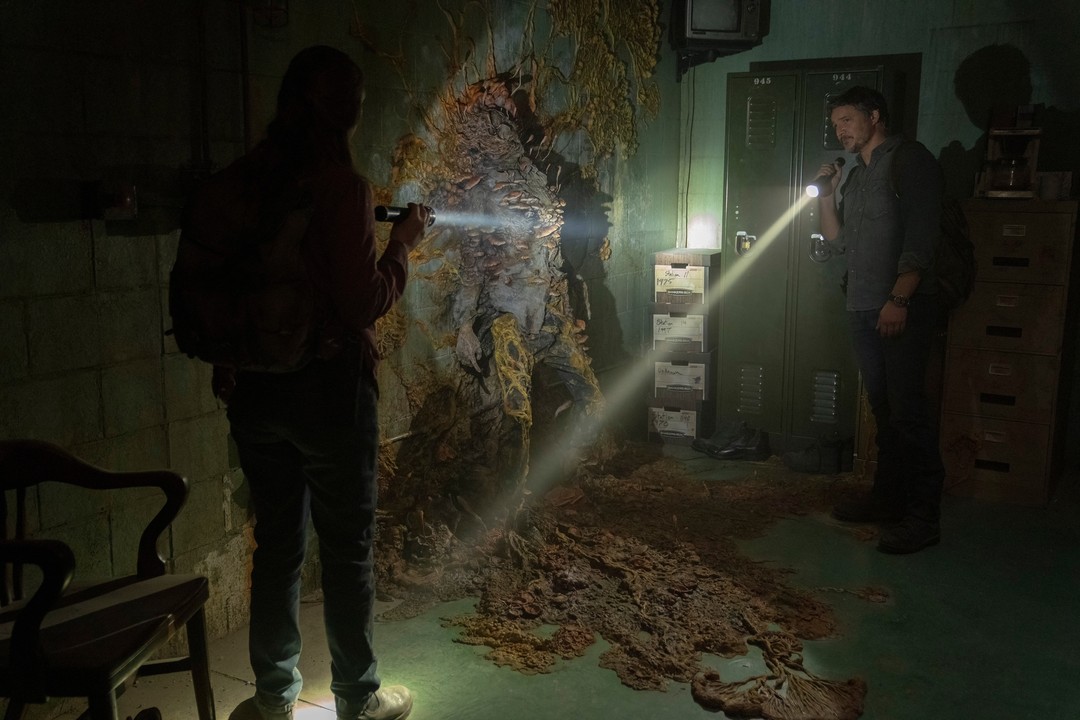
However, the most impressive illustration of how much HBO is banking on The Last of Us comes with the show’s other co-creator, Craig Mazin. Mazin has a long and varied career but at the moment is perhaps best known as the writer of the HBO miniseries Chernobyl. That series was a critical and awards smash, and it was even voted the greatest television show ever made on the Internet Movie Database. Crucially though, it was an austere, mature, and considered drama.
Obviously, a post-apocalyptic survival adventure is a very different project from a historical drama. Still, hiring Mazin to work on The Last of Us is a clear statement of intent. It’s even more apparent in how hands-on Mazin gets. Along with Druckmann, he is the only credited writer on the season and takes the lion’s share of the work. He also directs the premiere. One gets a sense of just how much HBO has riding on this season, and the weight presses down on the show.
In the show’s first two episodes, that expectation threatens to overwhelm the drama. The show’s premiere and the episode that follows often feel like checklists, as if Mazin and Druckmann are running through two competing lists, trying to deliver what general audiences expect from a zombie apocalypse show and what game fans want from an adaptation of The Last of Us. To be fair, Mazin and Druckmann are too talented to let themselves be overwhelmed, but there is a sense of table-setting.
The first two episodes of The Last of Us have to run through checklists. They have to depict the end of the world, establish key characters and the dynamics between them, introduce the logic of this post-apocalyptic landscape, clearly articulate the stakes, and deliver the requisite zombie horror set pieces. Mazin and Druckmann take shortcuts, lifting cues from earlier features in the genre. The opening scene evokes I Am Legend; the pre-apocalypse segment riffs on Shaun of the Dead.
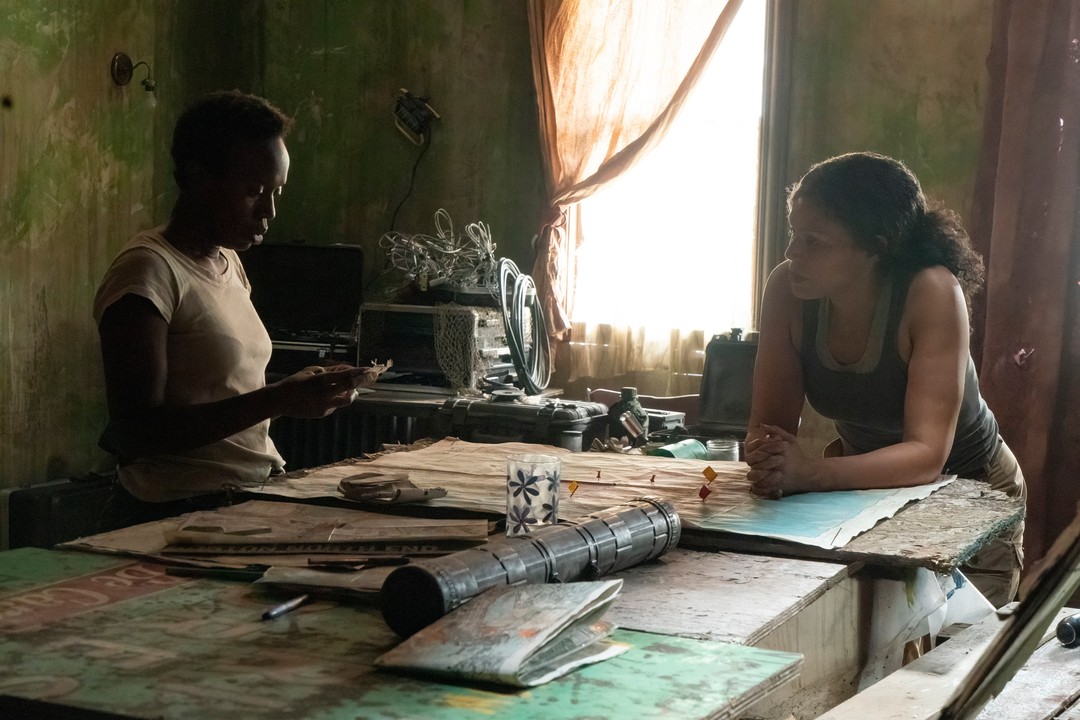
None of this setup is bad. Pascal is a charismatic leading performer, Torv does a lot of heavy-lifting in this stretch, and most of these zombie movie tropes are conventions precisely because they are fun. Still, there’s a sense of efficiency and functionality to the two first episodes, to the point that the feature-length premiere feels like it is breathlessly trying to cram two episodes’ worth of story into 80 minutes, so that the show can get to the meat a little quicker.
However, once that initial stretch is complete, The Last of Us quickly finds surer footing. In particular, the show’s third episode feels like the real beginning of the narrative, at least in thematic and emotional terms. Having done the necessary setup, The Last of Us is finally free to chart its own course. Instead of emulating the familiar rhythms and stakes of other zombie stories, The Last of Us becomes free to define itself in contrast.
From the third episode on, The Last of Us feels more comfortable in foregrounding its unique and distinct storytelling sensibility. It also starts to put some distance between itself and obvious points of comparison like The Walking Dead by taking the time and the care to invest in its characters as much as in the world that they inhabit. While the show remains firmly anchored in Joel and Ellie, the series understands that the pair’s dynamic is the central hook.
The Last of Us runs through the standard clichés of the zombie apocalypse thriller. There is a recurring sense that the surviving humans are a greater threat than any infectious horde. There is the promise of a research facility just over the horizon that is working on a cure. There are gated settlements and ragtag communities, some of which hold dark secrets. There are paranoid survivalists who have spent their lives preparing for this moment.
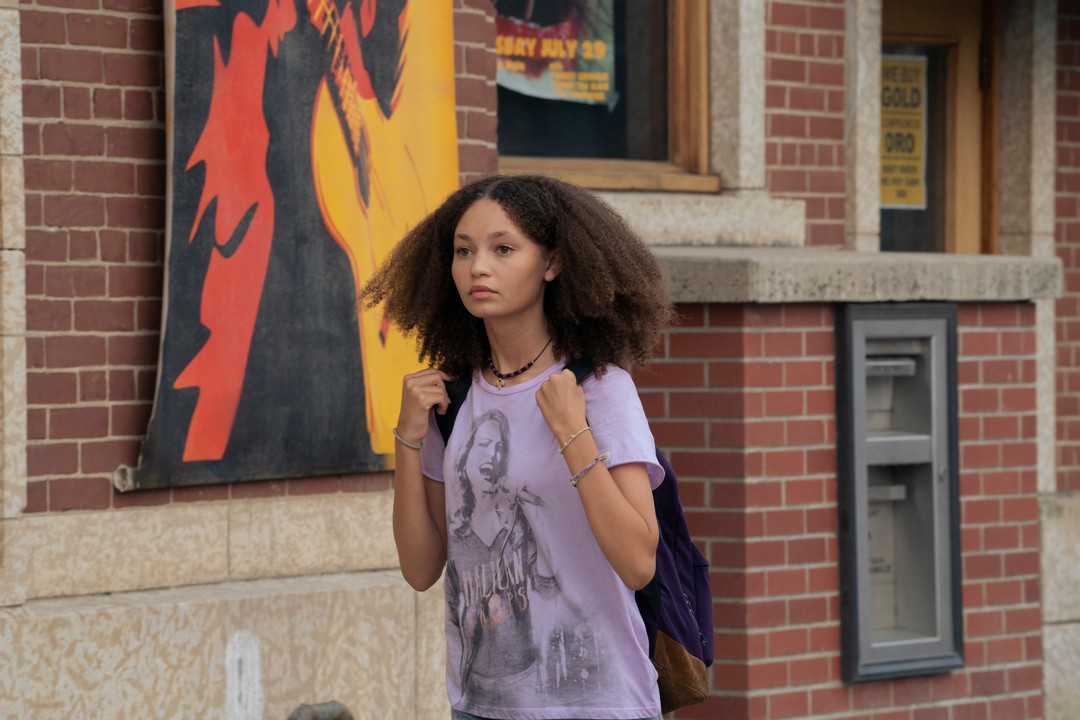
The Last of Us understands that none of these elements are radical or novel. Instead, it finds interesting ways to approach them. In particular, the show fixates on the idea of familial bonds and human connections. In a world that is being torn apart by a monstrous fungus, it’s the ties that bind people together that are most important. Mazin and Druckmann have a remarkable gift for characterization, fleshing out supporting players who could easily become one-note caricatures.
Despite the obviously impressive budget invested in The Last of Us, the show often avoids the temptation to go bigger and bolder. Many of the season’s best scenes are intimate two-handers, with charismatic performers navigating complicated (and occasionally even conflicted) relationships with one another. There are extended stretches of the season in which the “infected” barely appear at all, which is a daring choice for a show about that threat. However, it’s also a choice that pays off.
In some ways, The Last of Us makes a fitting companion to Pascal’s other big ongoing television show. Perhaps there’s just something about Pascal’s screen persona that gravitates towards seemingly mercenary figures who find themselves cast as unlikely father figures. At points towards the end of the season, The Last of Us feels more like a classic western than a zombie horror, with the show’s cinematography making great use of the Alberta surroundings.
The Last of Us is a compelling and thoughtful take on the classic survival horror template, one that works best when it prioritizes character work and emotional storytelling ahead of world-building. The show was a somewhat generic start but settles quickly into a distinct sensibility. There is a sense that The Last of Us might be a little too measured and intimate to be the breakout hit that HBO wants it to be, but it is all the better for that.

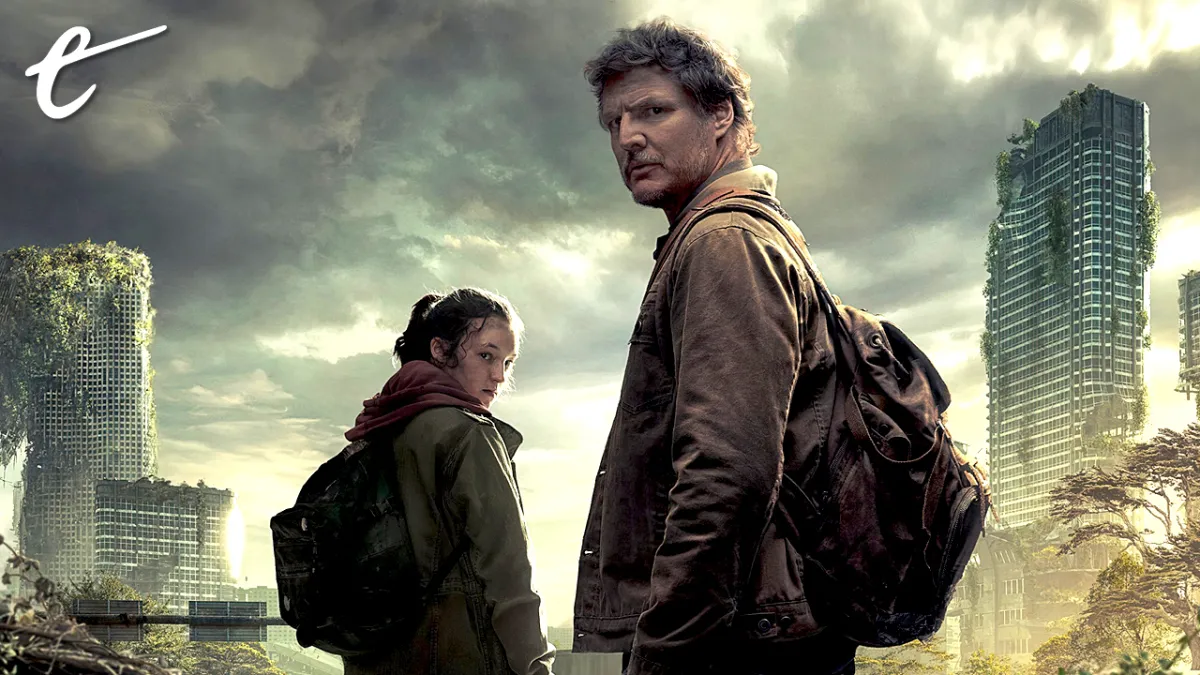






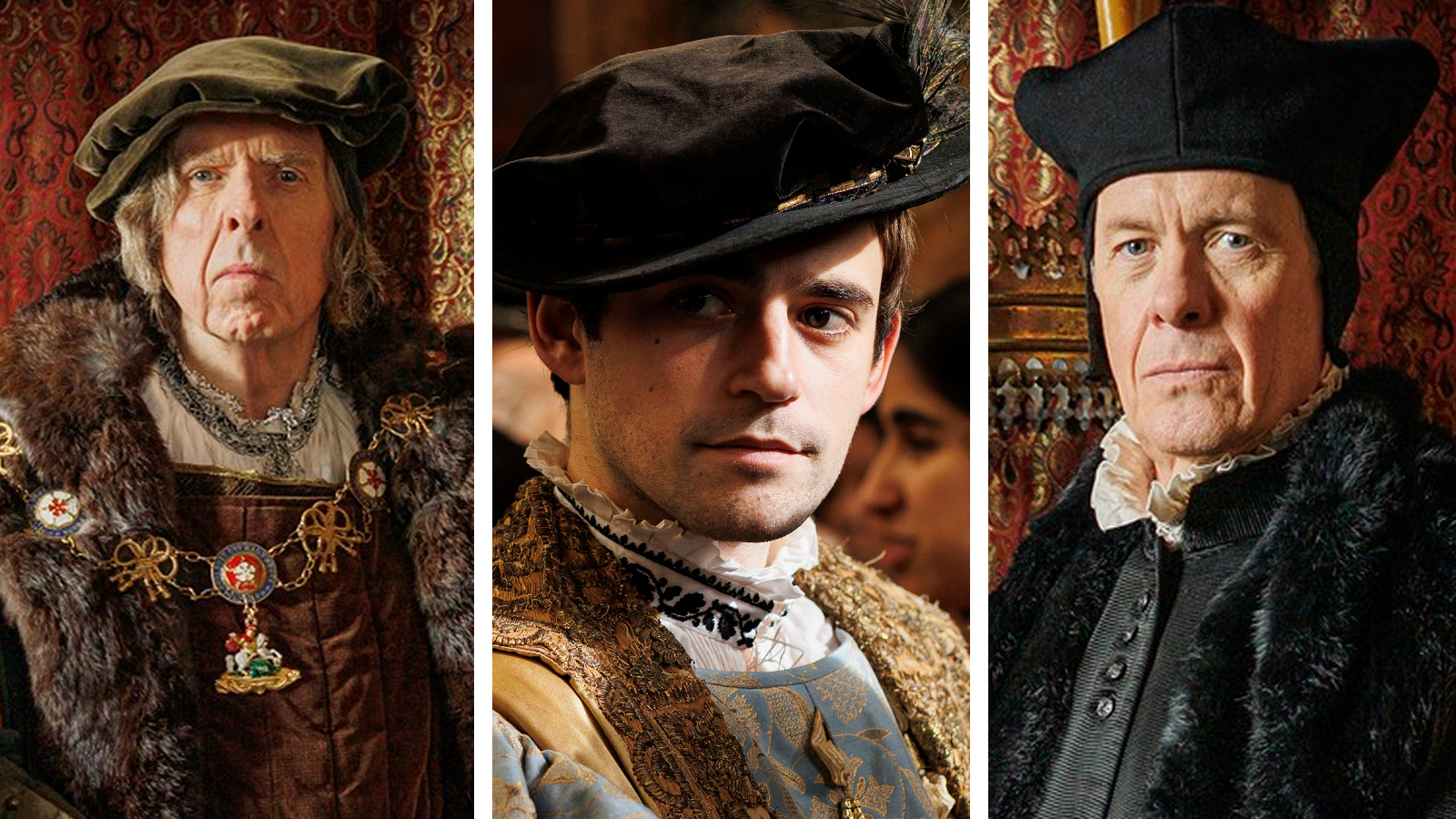

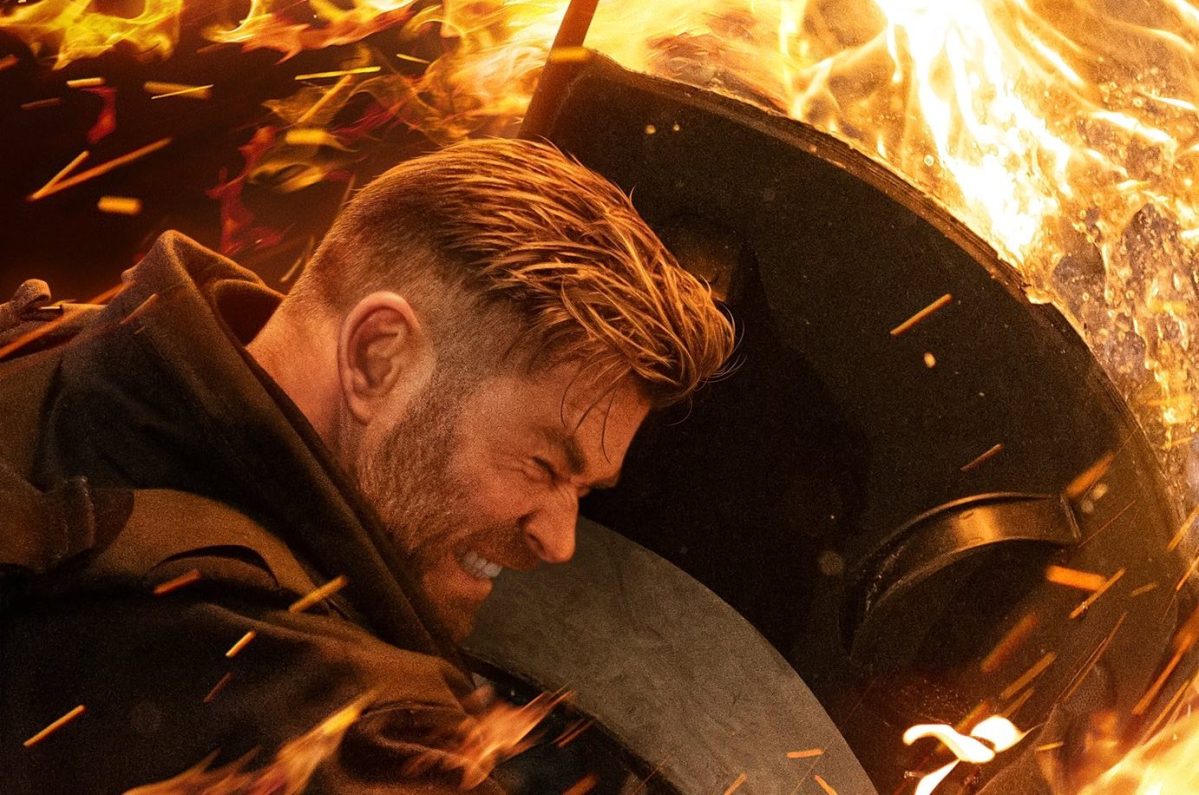



Published: Jan 10, 2023 7:01 AM UTC